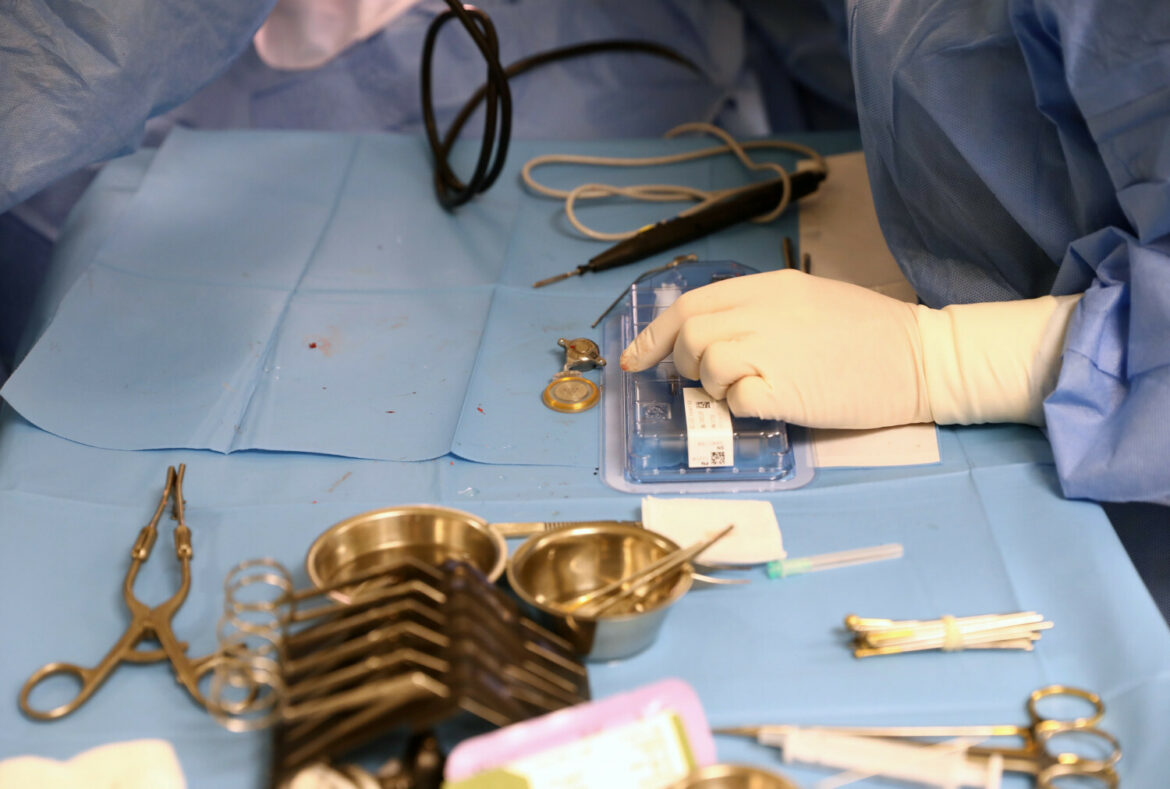Dr Natalia Wójcik from the Institute of Nanotechnology and Materials Science at the Gdańsk University of Technology is working on alternative materials for the production of composites used in bone implants. Her research may contribute to the development of innovative solutions that will not disturb the biochemical balance in the body.
The target effect of the research will be a composite that can be used to manufacture modern implants for filling mini cavities in bones. It will accelerate bone regeneration or serve as a coating for permanent implants, e.g. titanium.
The materials used in the production of bone implants contain bioactive glasses. They have commonly used silicate glasses and are even added to some kinds of toothpaste. They allow implants to force the bone to regenerate exactly in the place where they are located. Half of the weight of these glasses is silicon oxide, and the rest is admixed with phosphorus, calcium and sodium.
“Silicate-based glasses dissolve very slowly; it takes from one to even several years. The problem is that silicon is an element that occurs naturally in the human body only in trace amounts. We do not know the long-term consequences of the presence of this element in the body in high concentration”, explains Dr Wójcik.
Replacing the main silicate matrix in the production of bioglass with a phosphate matrix causes a much greater increase in the solubility of the material. Moreover, phosphorus occurs in living organisms and is a natural building block of bones, so dissolving it will not be a burden, as in the case of silicon.
“To put it simply, the implant must dissolve slowly enough for the bone to regenerate and quickly enough not to disturb the last stage of regeneration”, explains the researcher.
Arkadiusz Słomczyński





